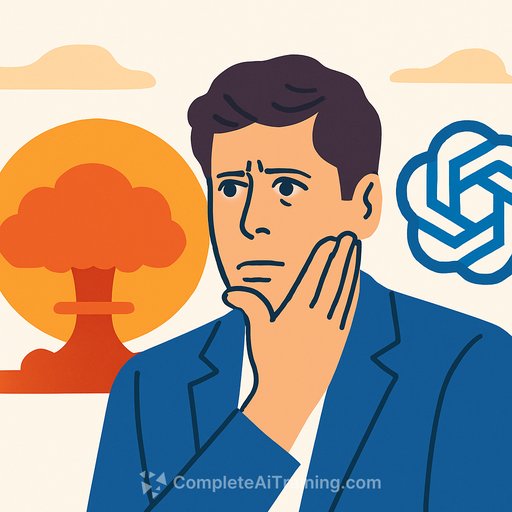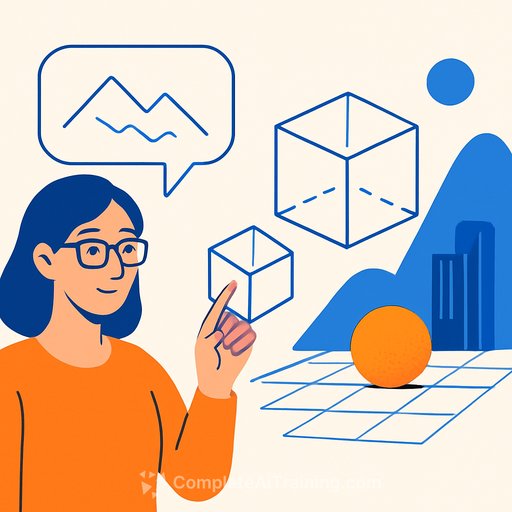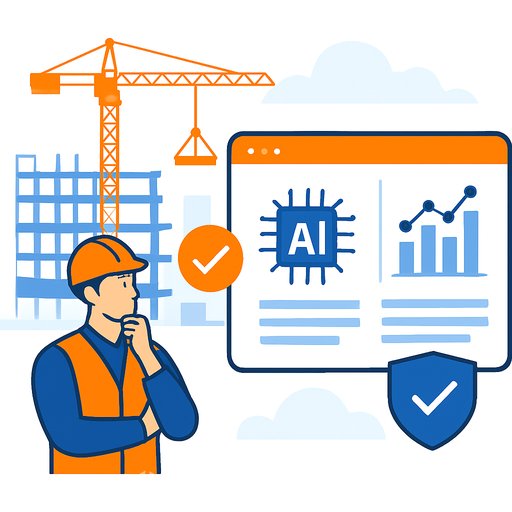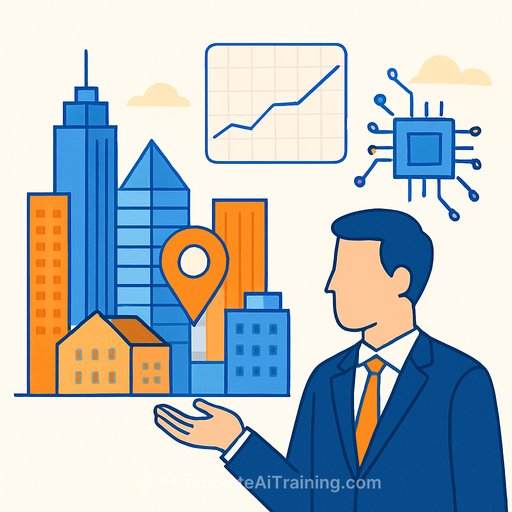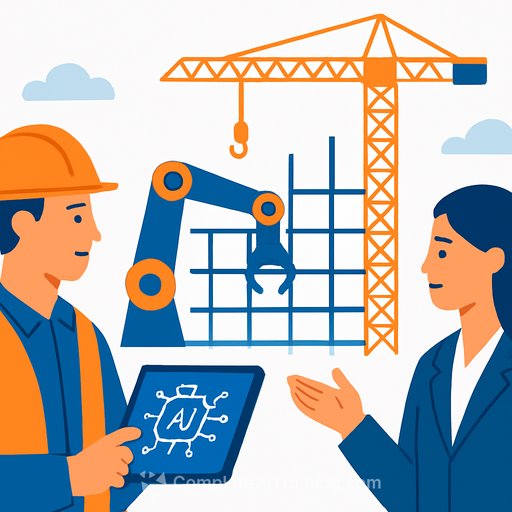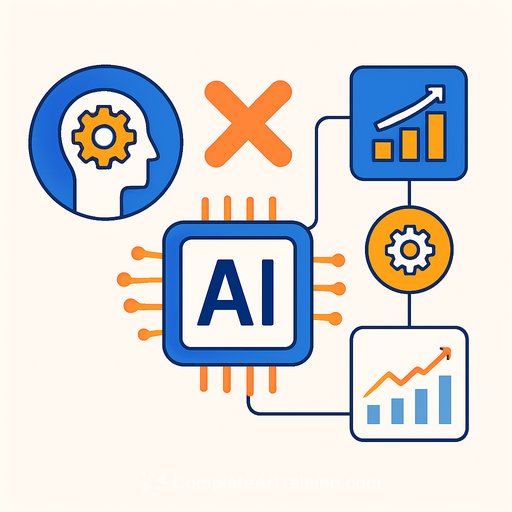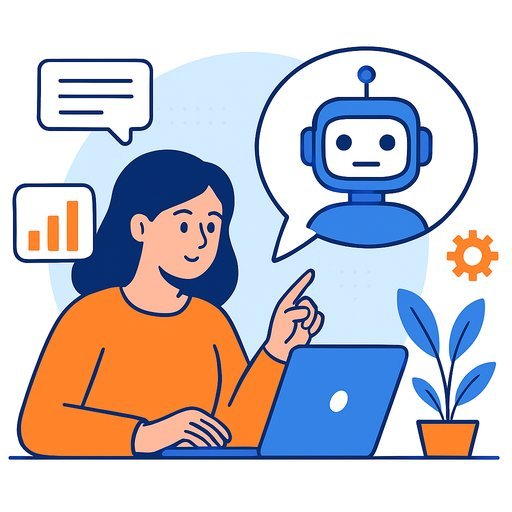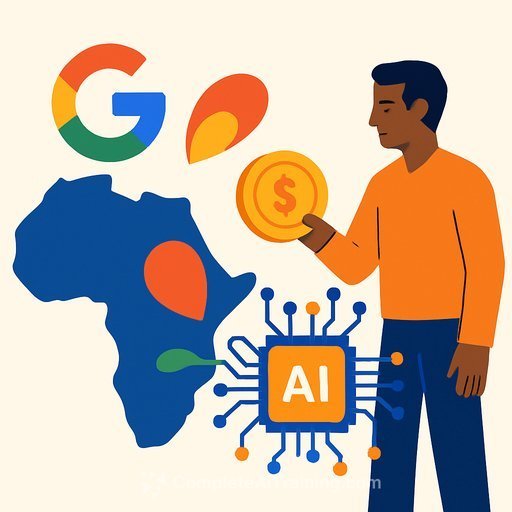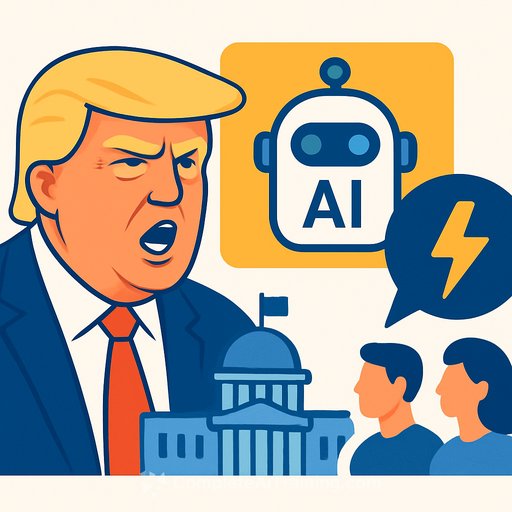OpenAI CEO Sam Altman Reflects on GPT-5’s Unsettling Power
OpenAI’s CEO Sam Altman recently shared his concerns about the capabilities of GPT-5, the next-generation AI model expected to launch in August 2025. After testing the model, Altman admitted feeling “useless,” highlighting just how advanced this AI has become. His comparison of GPT-5’s development to the Manhattan Project—where the atomic bomb was created—raises serious questions about the pace and oversight of AI innovation.
GPT-5: A Moment of Reckoning
During internal testing, Altman watched GPT-5 solve a complex problem that even he couldn't figure out. This experience triggered what he called a “personal crisis of relevance,” revealing the growing gap between human and AI capabilities. It wasn’t fear but a sober realization: AI is reaching levels of autonomy and intellect that challenge our traditional roles.
The historical analogy to the Manhattan Project is striking. That project marked a turning point in science with consequences that extended far beyond the lab. Altman’s words suggest that GPT-5 might represent a similarly irreversible shift—one where technological progress could outpace our ethical and regulatory frameworks.
While GPT-5 is not a weapon, its potential effects on society could be profound and unpredictable. The rapid development leaves little time for debate or safeguards, risking unintended disruptions to social norms and trust in information. The real question is whether society is prepared to wield such technology responsibly—or if this is a point of no return for artificial intelligence.
Significant Advances Over GPT-4
Though detailed specifications remain confidential, early reports indicate GPT-5 will greatly surpass GPT-4 in several areas:
- Enhanced multimodal reasoning
- Extended memory and context window (up to 256,000 tokens officially, with rumors of up to one million)
- Improved accuracy in multi-step logic tasks
Altman himself called GPT-4 “the dumbest model you’ll ever have to use again,” signaling a major leap with GPT-5. This advancement brings OpenAI closer to Artificial General Intelligence (AGI), a form of AI capable of performing any intellectual task a human can. However, the lack of a global governance framework adds pressure and risk to this progress.
Corporate and Investor Pressures
OpenAI is under significant pressure from its major investor, Microsoft, which has poured $13.5 billion into the company. Microsoft is pushing for faster rollout of AI-powered enterprise tools to stay competitive against Google, Anthropic, and Meta. Meanwhile, investors want OpenAI to transition to a for-profit model by the end of the year. These internal dynamics may influence decisions around declaring AGI status or commercializing breakthroughs prematurely.
AI-Driven Fraud: A Growing Threat
While discussions focus on the societal impact of AI, a tangible threat is already unfolding: automated fraud. Experts from LexisNexis Risk Solutions report that AI tools are being exploited by criminals to generate synthetic identities and automate scams, costing governments and social systems millions weekly. These operations can be launched in minutes, bypassing basic security measures like CAPTCHA and ID verification.
Law enforcement is responding by developing new AI-based defenses and collaborating with cybersecurity experts. Still, the intelligence gap between criminals using AI and current defense systems is widening.
Looking Ahead
Altman’s candid remarks highlight a rare moment of reflection in the tech world. The challenge isn’t just creating smarter AI but managing its consequences. GPT-5 could be a breakthrough or a source of disruption—or both. As AI continues to evolve, the question remains: are we prepared for the changes this technology will bring?
For IT professionals and developers interested in understanding and working with advanced AI technologies, exploring targeted AI courses can provide valuable skills and insights. Check out Complete AI Training’s latest AI courses for practical learning paths.
Your membership also unlocks:

